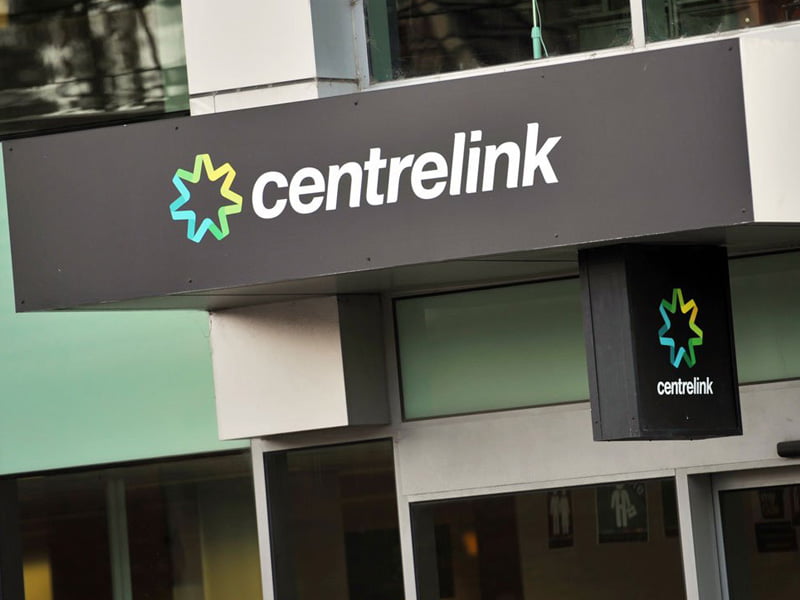Services Australia quietly stopped its use of automation for social security and welfare claims processing almost 12 months ago, resulting in a blowout in wait times for some Centrelink payments.
Officials revealed the agency-wide pause of “automation processes” during Senate Estimates, as the federal government considers new laws in the wake of Robodebt to ensure automation in government services is ethical.
The pause began in March last year, with Services Australia now reviewing automation capabilities to drive a greater focus on ethics, privacy and security into the “risk tolerances”.

Johnathan Thorpe, deputy chief executive officer, service delivery excellence, told a committee hearing last week that the pause related to where automation was used for any discretion in claims processing.
“The automations that were paused in March 2023 relate to social security and welfare payments – a selection of those. They particularly relate to where automations were dealing with an issue pertaining to discretion in the social security policy in relevant legislation,” he said.
Mr Thorpe was responding to questions from Liberal Senator Maria Kovacic, who obtained Services Australia’s Annual Assurance Statement to the Department of Social Services in a previous round of estimates.
The document shows a handful of payments, including family tax benefit payments, carer payments and paid parental leave payments, failing to meet their timeliness KPIs for payments to social security and welfare recipients in the 2022-23 financial year.
In the case of the family tax benefit, only 58 per cent of claims were being paid within in 31 days, well below the 75 per cent KPI set by the agency. Carer payments, paid parental leave payments, carer allowance and parenting payments (single) also missed their KPIs.
A spokesperson for Services Australia told InnovationAus.com the decision has affected only a “very small proportion of claims”, equivalent to two per cent of all claims processed by the agency each year.
Claims that had “modest numbers of automation” included the parental leave payment, jobseeker payment, youth allowance, Austudy, childcare subsidy, low income health care card and Commonwealth seniors health card.
Mr Thorpe said that since automation processes were paused, Services Australia had begun a review to “make sure we have a good understanding of how [automation capabilities] work and that they’re consistent with the policy and legal aspects”.
He said that the agency had already “adjusted our risk tolerances” in a number of cases to make sure it is considering factors like ethics, privacy and security, but that the automation processes remained paused in all by one instance.
“The only exception to that is that we’ve continued to work with policy agencies on looking for opportunities to reintroduce automation safely, where it’s consistent with the policy and the law,” he said.
“A good example of that is working with Home Affairs and the National Emergency Management Agency, relating to the Australian Government Disaster Recovery Payment amendment bill. We’re trying to get ready for the high-risk weather season to ensure we can provide fast payments to customers.”
In November, the federal government accepted a recommendation from the Robodebt Royal Commission to consider laws that ensure “automation in government services can operate ethically, without bias and with appropriate safeguards”.
A “clear and transparent” legal framework would allow the government to harness the “speed, cost and efficiency benefits of technological advances in artificial intelligence and automation”, the response said.
Services Australia is one of the federal government agencies sitting out a six-month trial of Microsoft Copilot, the generative AI tool capable of automating tasks and creating content within Microsoft’s suite of productivity applications.
Do you know more? Contact James Riley via Email.

